In general, lithium batteries do not leak electrolyte or other chemicals under normal conditions. Lithium-ion batteries can leak for a number of reasons. For example, poor build quality and improper usage can increase the likelihood of a lithium battery leaking.
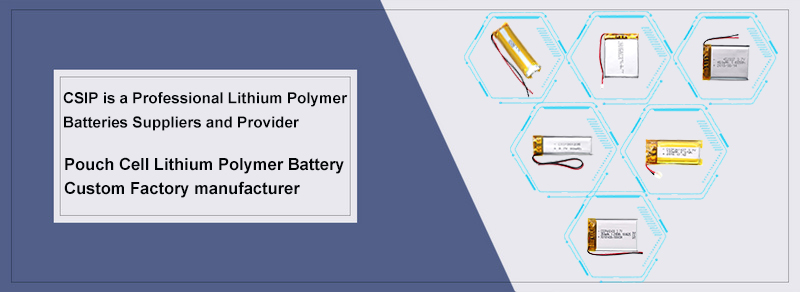
If your battery is leaking, then you need to take action as soon as possible. The danger of lithium-ion batteries comes from their composition. When they overheat, leak or rupture, the results can be very dangerous and even life-threatening.
Whether you are a manufacturer or a user of lithium batteries, or if lithium batteries are a component of your use, you need to be aware of battery leaks as they are a matter of credibility for the manufacturer and safety for the user. If you have any concerns about lithium battery electrolyte leakage
How can lithium-ion batteries leak? What are the causes of lithium-ion battery leakage?
There are many reasons why lithium ion batteries leak. We all know that there are cylindrical hard-shell lithium batteries like ICP18650 and soft pack lithium batteries like ICP103450, and the main causes of their leakage are different. We will explain the causes of lithium battery leakage separately.
Cylindrical lithium batteries
The main causes are:Excessive internal pressure and substandard external packaging.
During the manufacturing process of the battery, if the following problems occur, it is easy to cause the battery to leak.
When the battery case is welded to the cover, the welds are not strong or not sealed. Some welds are not welded properly. Some welds have cracks.
The safety valve is not properly sized when it is sealed. The material of the safety valve is not the same as the material of the case.
The insulation gasket is not properly elastic. Not corrosion resistant and easy to age.

Problems that may occur during use.
The battery charging voltage is too high or the current is too high
The battery is often bumped during normal use and the internal strength of the battery is not sufficient.
Abnormal charging leading to overcharging or overcurrent discharge (damage to the battery high current protection system)
Soft pack lithium batteries
Soft pack battery sealing mainly relies on the packaging process. The good or bad packaging directly determines the performance of the battery.
In simple terms, to figure out the main cause of leakage in soft pack lithium batteries, it is necessary to analyse specifically from the type of leakage. Generally speaking, the causes of leakage of aluminium-plastic film can be divided into three categories.
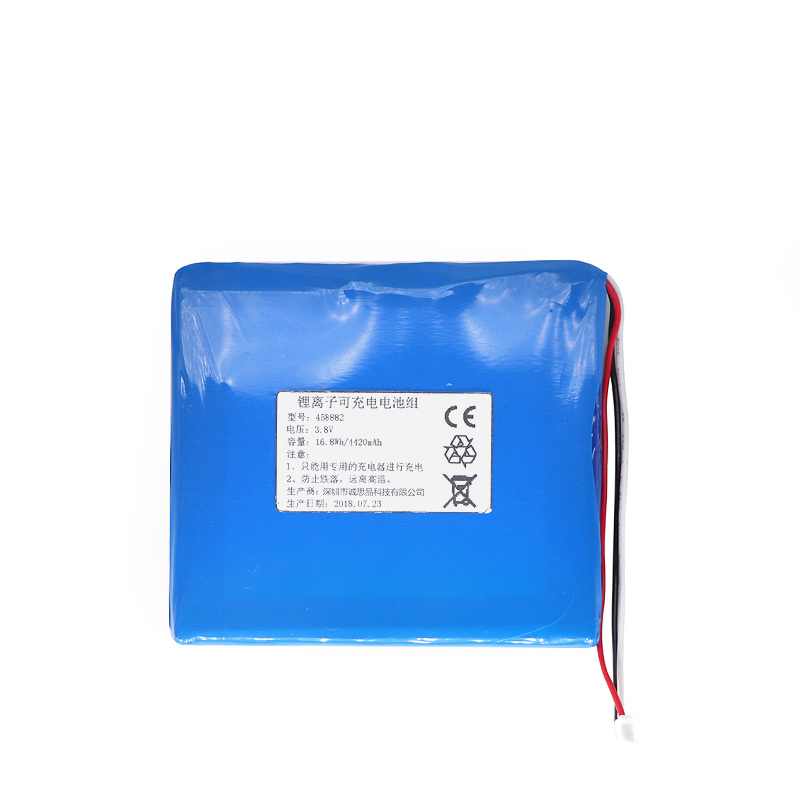
1, chemical corrosion
In lithium ion batteries, HF is produced by the reaction between the liquid fraction and the electrolyte, which is a very corrosive acid that can cause severe damage to the aluminium plastic film, fluid collector and cathode material.
Here is the relevant chemical reaction.
LiPF6 → LiF + PF5
PF5 + H2O → POF3 + 2HF
2, Electrochemical corrosion
Electrochemical reactions cause leakage from soft pack lithium batteries which are more difficult to detect. In general, the leakage of soft pack lithium batteries becomes progressively more severe as the use time becomes longer. Due to the long latency time of this failure mode, once it occurs, it can easily cause a crisis of customer confidence.
Electrochemical corrosion occurs in two general ways.
① ionic short circuit.
An ion short circuit channel is formed between the aluminium layer of the aluminium-plastic film and the anode.
② Electron short circuit.
An electron short circuit channel is formed between the aluminium layer of said aluminium-plastic film and said anode.
(iii) Contact between the negative ear and the external aluminium layer
When the aluminium layer is corroded, the liquid fraction can infiltrate the inside of the battery with impunity, causing more intense damage and leading to leakage of the flexible packaging.
3, Causes of the battery body
① Over-charging, over-discharging, high temperature environment use
②Puncture
③Elderage of the sealant
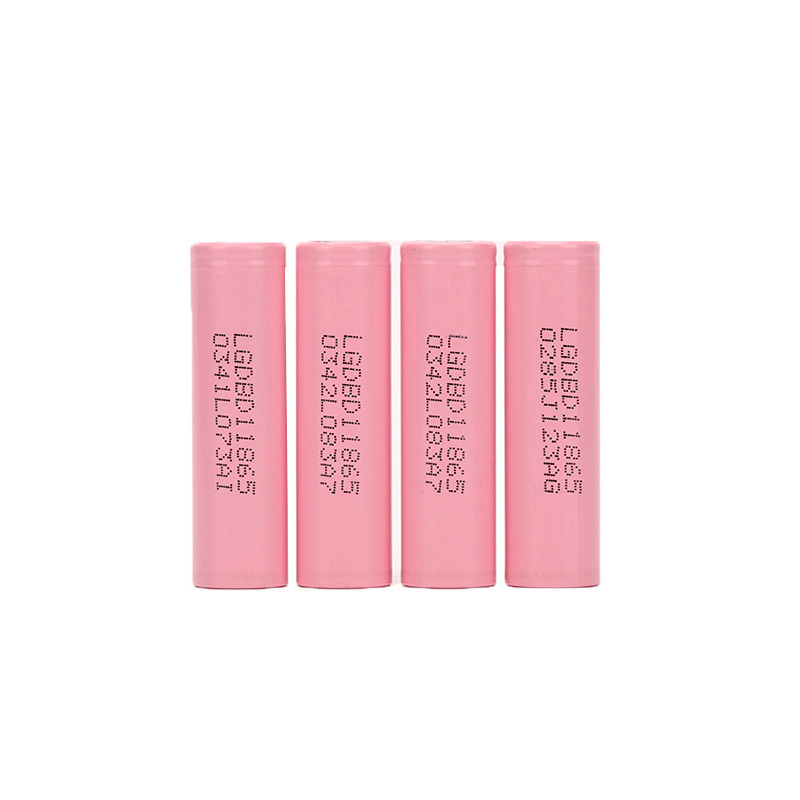
For polymer flexible pack batteries, the following points need to be confirmed.
1. Whether there are burrs on the lugs, which may cause damage to the aluminium-plastic film.
2. Whether the width and thickness of the lugs are suitable, and whether the lugs should be heated during charging and discharging.
3. The thermal encapsulation process, i.e. whether it is indeed sealed.
If your battery starts to leak, what should you do immediately
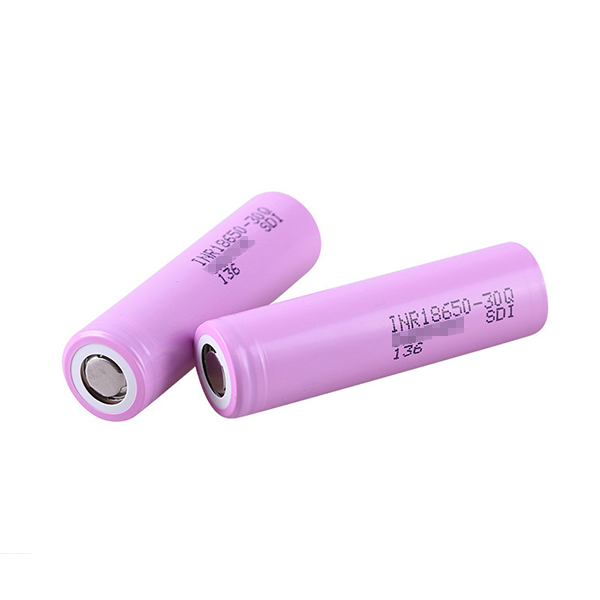
1, Treatment
▲ Check the battery case. Many times the casing is damaged due to improper battery installation, residual solder slag in the frame battery box, and collisions caused by the low chassis of the car frame.
▲Remove the cover and check if there is any sign of leakage around the safety valve, then open the safety valve and check if there is electrolyte flow inside the battery.
▲If there is no abnormality in the first two steps, an airtightness test is required.
▲While charging, you need to observe if there is any electrolyte leakage.
Once a leaking battery is found, you need to take some immediate action. If dealing with a battery inside the car, you should remove and replace it as soon as possible. Again, this is to protect other parts and the battery and to prevent the battery
electrolyte from getting into other places. Then contact the manufacturer of the battery. They will give instructions on how to dispose of the battery in a safe and responsible manner.
If you notice that the battery is leaking, you need to switch off the appliance and unplug the battery. Leaking batteries can cause a fire or produce toxic fumes. Always keep a fire extinguisher nearby when charging or maintaining the battery.
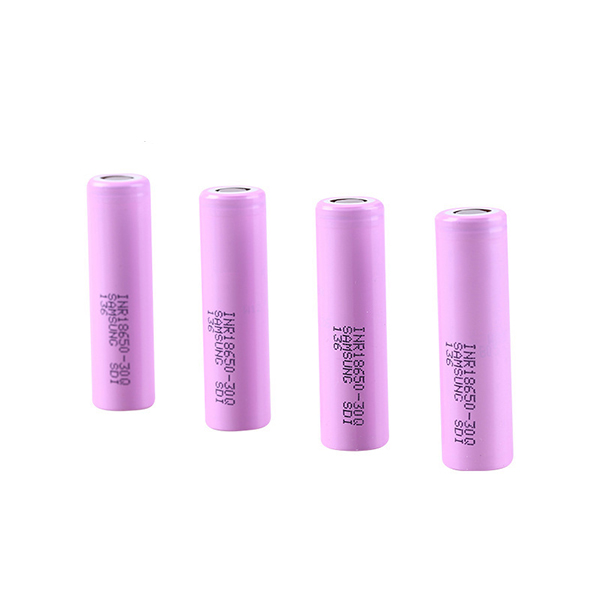
2, What not to do
There are a few things you should avoid doing when dealing with a leaking battery.
Firstly, you should not attempt to remove the battery yourself; the leaking electrolyte is extremely corrosive.
When a battery starts to leak, it can be dangerous. Please disconnect the battery immediately. If the battery continues to leak, then you should remove it and replace it as soon as possible. Contact the battery or vehicle manufacturer to find out how to dispose of the battery in a safe and responsible manner.
3. First aid measures
Skin contact:Immediately remove contaminated clothing and rinse with plenty of running fluid for at least 15 minutes. Seek medical attention.
Eyes: Flush with running pure water or saline. Seek medical attention.
Inhalation: Leave the area quickly and get to fresh air. Keep the airway open. If you have difficulty breathing, oxygen is required. If breathing stops, immediate artificial respiration is required. Seek medical assistance.
Oral: Rinse mouth with water and drink milk or egg white if ingested. Seek medical attention.

































 401,Building A1,No.168,Changshan IndustrialZone Liulian Community,Pingdi Street,Shenzhen Guangdong Province,China
401,Building A1,No.168,Changshan IndustrialZone Liulian Community,Pingdi Street,Shenzhen Guangdong Province,China